|
William R. Huckle, Editor
|

Boston, MA
Postponed until Summer 2021
 |
|
Vascular Biology 2020
Newport, RI
October 25-29, 2020
|
Vascular Biology Publications Alert Now Available by Subscription
The NAVBO Vascular Biology Publications Alert will now be available to non-members for a $55 a year subscription. If you would like to receive this alert, but are not a member, please contact Danielle at [email protected].
|
Shop at Amazon?
Help Support NAVBO
|
|
Partner Network Advantage on the NAVBO Job Board
|
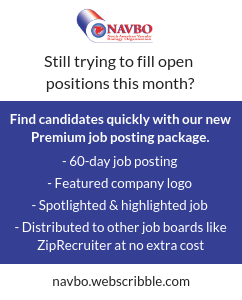
Why post your job on NAVBO's career center rather than going directly to the larger job networks?
Pricing on the mass job boards can vary, but to get a job noticed you typically have to sponsor it for $5 - $10 per day, which can add up quickly especially since you also pay for each click the job gets. When you add it all together, you could be spending up to $45 per day on your job posting. But, when posting a job on NAVBO's career center, you simply pay a flat fee! The Premium package includes our Exclusive Extended Partner Network - which means the jobs are broadcast to sites like ZipRecruiter and Jobs2Careers and more for a flat fee.
With special member pricing, you can post a job for as low as $300 with this Partner Network. You never pay for each click, just the flat fee on the NAVBO career center. In addition, the Premium package includes a 60-day job posting making it a great value. The Premium packages also offer features like having your company's logo featured on the career center homepage, having your job appear first in search results, and more.
|
Your data privacy and security are important to NAVBO. To that end, we have updated our privacy policy to reflect recent privacy and security regulation implementations and changes.
Please review our policy as time permits so you have a complete understanding of the data we have, why we have it, and how we use it.
Part of the updates relate directly to the European Union's new General Data Protection Regulation (GDPR) that went into place May 25. The GDPR seeks to improve the transparency of data usage and give end users more control over their own data. We believe these changes are important and will be compliant with the GDPR regulations.
Contact NAVBO if you have any questions or to
change your communication preferences.
Please note, you can unsubscribe to this newsletter at anytime by clicking on the SafeUnsubscribe in the footer.
|
|
 |
|
 |
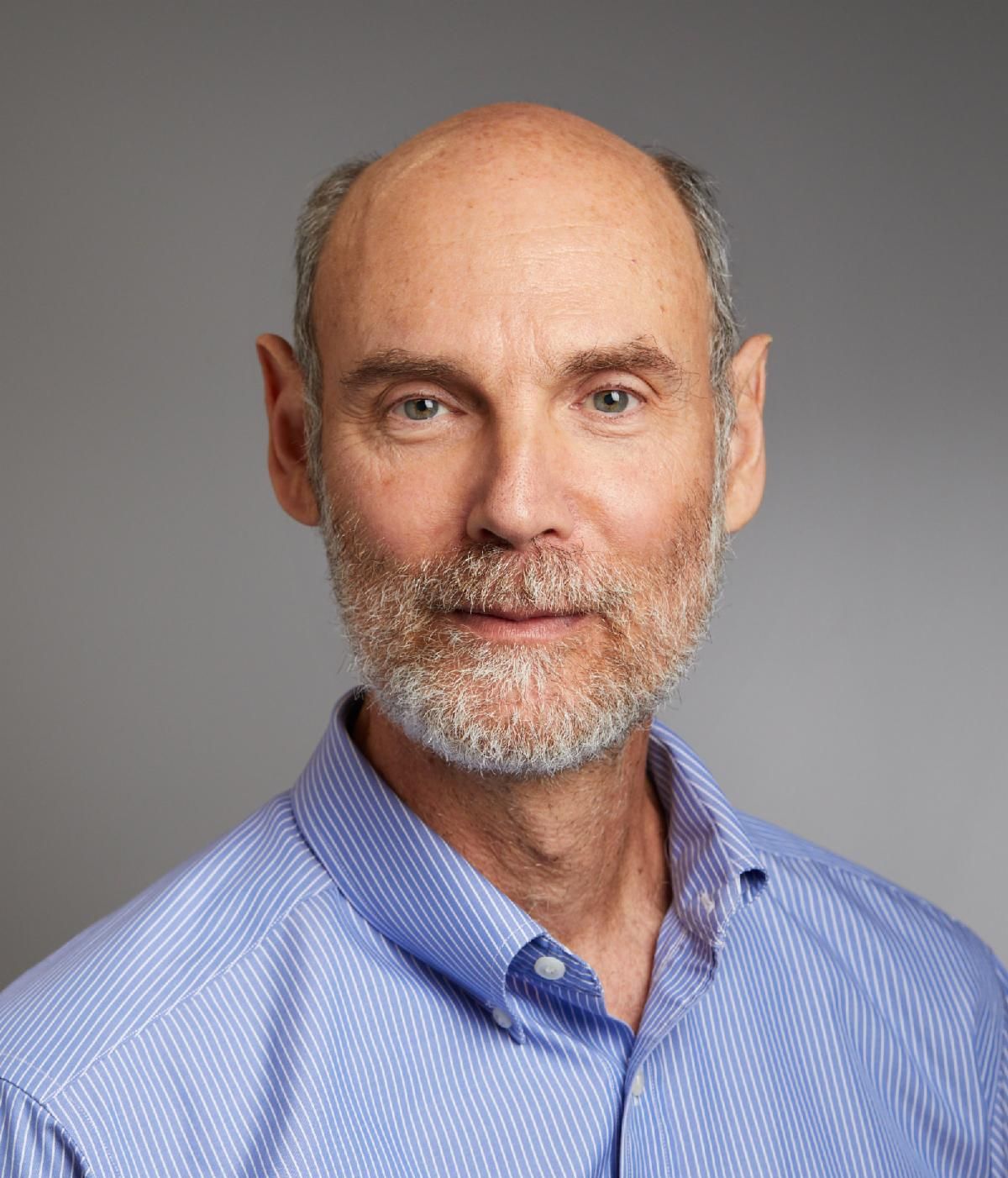 Today's Webinar
Today's Webinar
Today's webinar will feature
Martin Schwartz of Yale School of Medicine. His presentation is
Matrix remodeling and integrin signaling in endothelial function and dysfunction. Please plan to attend Dr. Schwartz' webinar at 1:00pmET. For more information and to register for this webinar, please go to our web site.
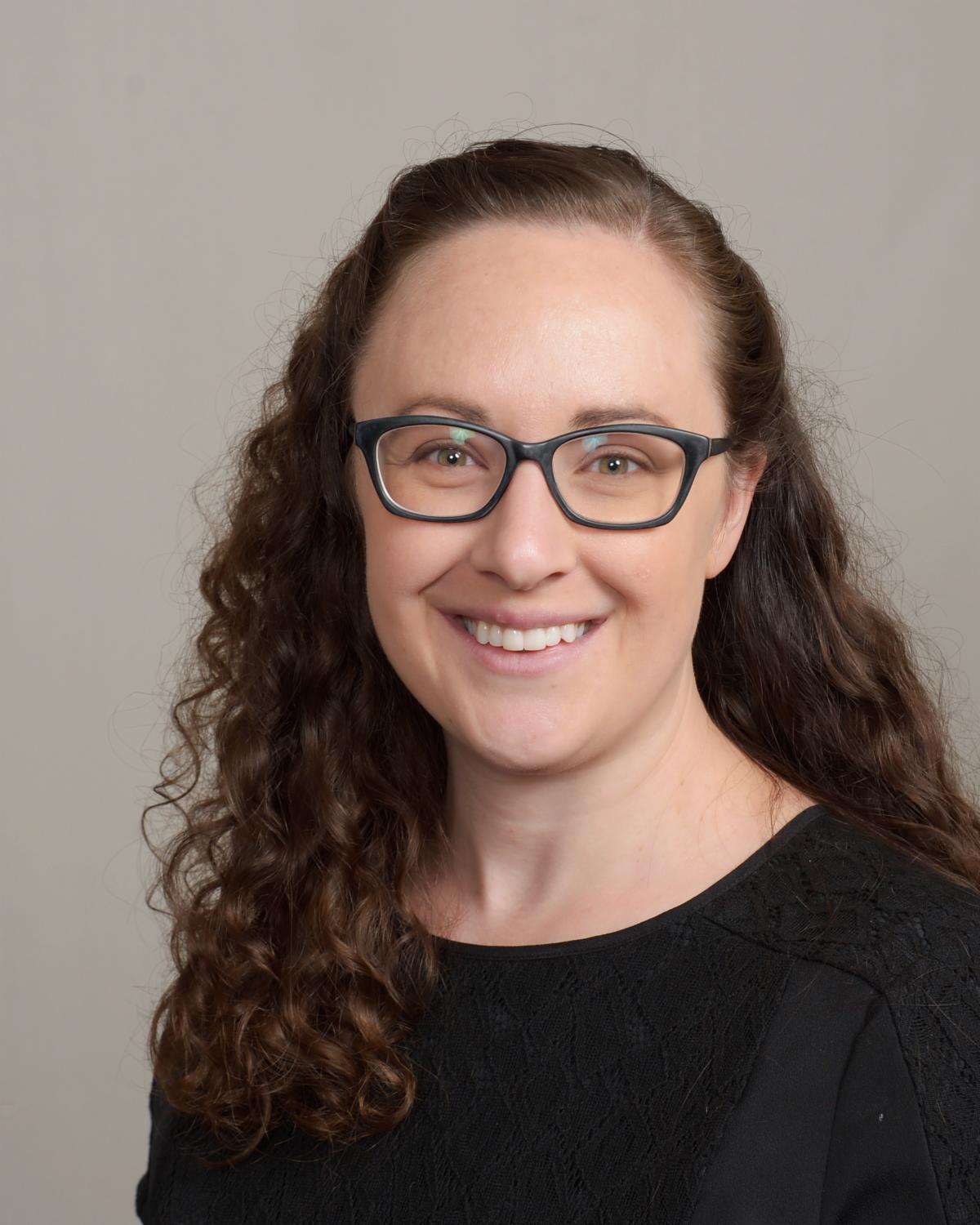
Upcoming Webinars
Join us in June as we welcome Mary Wallingford of the Mother Infant Research Institute at Tufts Medical Center. Dr. Wallingford's webinar, Essential Yet Transient: An Introduction to the Placental Circulatory System is scheduled for June 11 at 1:00pmET. Follow this link to register for Dr. Wallingford's webinar:
https://www.navbo.org/events/webinars/916-web062020
.
Sara Nunes de Vasconcelos of the Toronto General Research Institute will present a webinar on July 9 at 1:00pmET. Plan to join us!
Later this year we are being joined by Jason Fish, University of Toronto, Luisa Iruela-Arispe, Northwestern University and Hellmut Augustin, Heidelberg University and German Cancer Research Center. Details will be in future Newsletters.
Join us!! NAVBO Webinars are free to current NAVBO Members. Non-members can attend for $25 per webinar.
And don't forget you can watch recorded webinars as well - go to
|
June 22-July 1, 2020
This virtual "camp" will feature lectures covering basic concepts in Development, Signaling, Bioengineering/Matrix Biology and Inflammation. Students and other trainees should plan to join us!
Three-hour sessions will be held on Tuesday and Thursday afternoons (eastern time) and will include three lectures, plus presentations by abstract authors. Additional networking opportunities will be added.
Talks will be presented by:
*Masanoria Aikawa, Brigham and Women's Hospital
*Michelle Bendeck, University of Toronto
*Ondine Cleaver, UT Southwestern Medical Center
*Anne Eichmann, Yale University
*Courtney Griffin, Oklahoma Medical Research Foundation
*Bill Muller, Northwestern University
*Stefania Nicoli, Yale University
*Wayne Orr, LSU Health Science Center in Shreveport
Amber Stratman, Washington University in St. Louis
Additional speakers are still being added.
*indicates organizers
Registration is free!! Hope you can join us!
|
Abstract Submission Open!!
We are now accepting abstracts for
Vascular Biology 2020! The meeting features our Biology of Signaling in the Cardiovascular System and Vascular Inflammation Workshops and a neurovascular cross-over theme.
Submit your abstract here:
We recognize that you may not be able to register at this time, but please do submit an abstract! The deadline is August 1, 2020.
|
"Join the Club" on May 21 at 1:00pm ET
Join moderator Bhama Mulugu, Duke University, as we discuss: "
Brain Endothelial Cells Are Exquisite Sensors of Age-Related Circulatory Cues
"
Michelle B.Chen, Andrew C. Yang, Hanadie Yousef, Davis Lee, Winnie Chen, Nicholas Schaum, Benoit Lehallier, Stephen R.Quake, Tony Wyss-Coray
|
|
NAVBO Webinar on COVID-19 Pathology
|
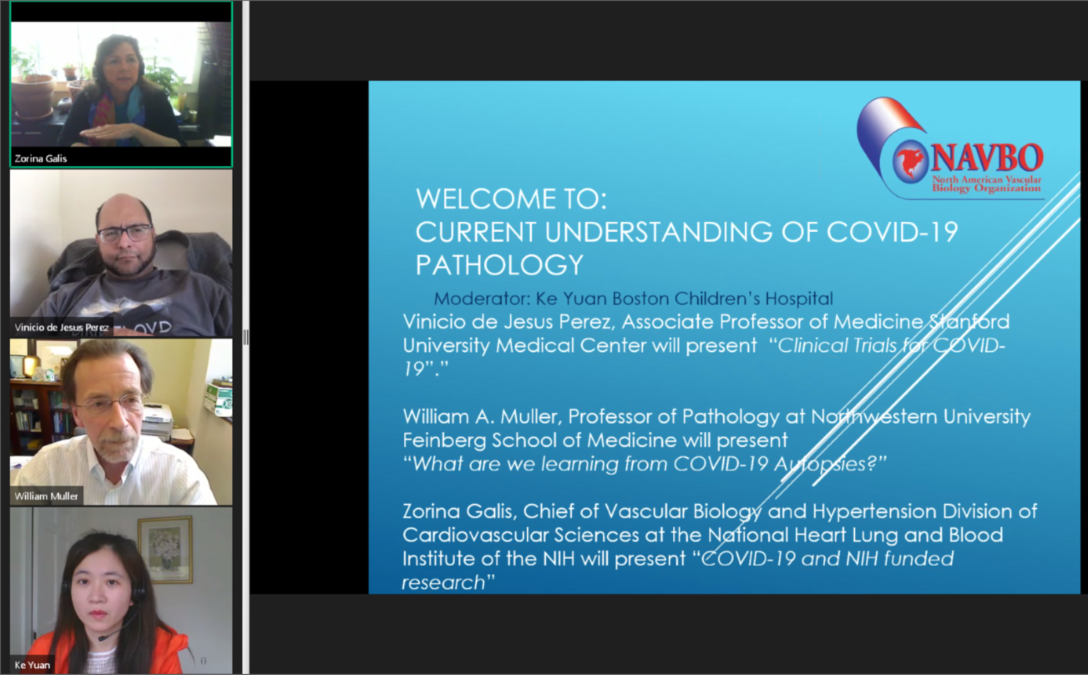 The NAVBO webinar on COVID-19 was extremely informative. If you missed it,
the recording is available here.
The session featured Vinicio de Jesus Perez discussing some of the current clinical trials, Bill Muller showing us his findings from autopsies and Zorina Galis informing us of the many resources available from NIH.
Her slides with links are available here.
The session was organized and moderated by Ke Yuan, Boston's Children's Hospital. Dr. Yuan is already in the planning stages for a follow up session in June.
|
|
Grassroots Efforts in Testing for COVID-19
|
Several labs across the country are testing for COVID-19
Including those of NAVBO members! We are so pleased to highlight their involvement and community spirit. In the NIH Director's Blog, Dr. Francis Collins writes that pop-up testing labs show the volunteer spirit among scientists in the fight against the deadly corona virus pandemic.
See his May 12 blog.
In addition to the labs mentioned in the article, the Cardiovascular Center at the Louisiana State University Health Science Center has also been hard at work. Here are links to information from LSU courtesy of Councilor, Wayne Orr.
Emerging Viral Threats Lab (qRT-PCR testing)
Mobile Testing
3D Nasal Swab Printing
If your lab or a colleague's lab can potentially help in regards to testing, please share the above information.
THANK YOU to everyone on the front line and thank you to the many labs pitching in to do what they can against this horrible virus and to close the gap on the much needed test kits!
|
|
Dr. Julie Phillippi
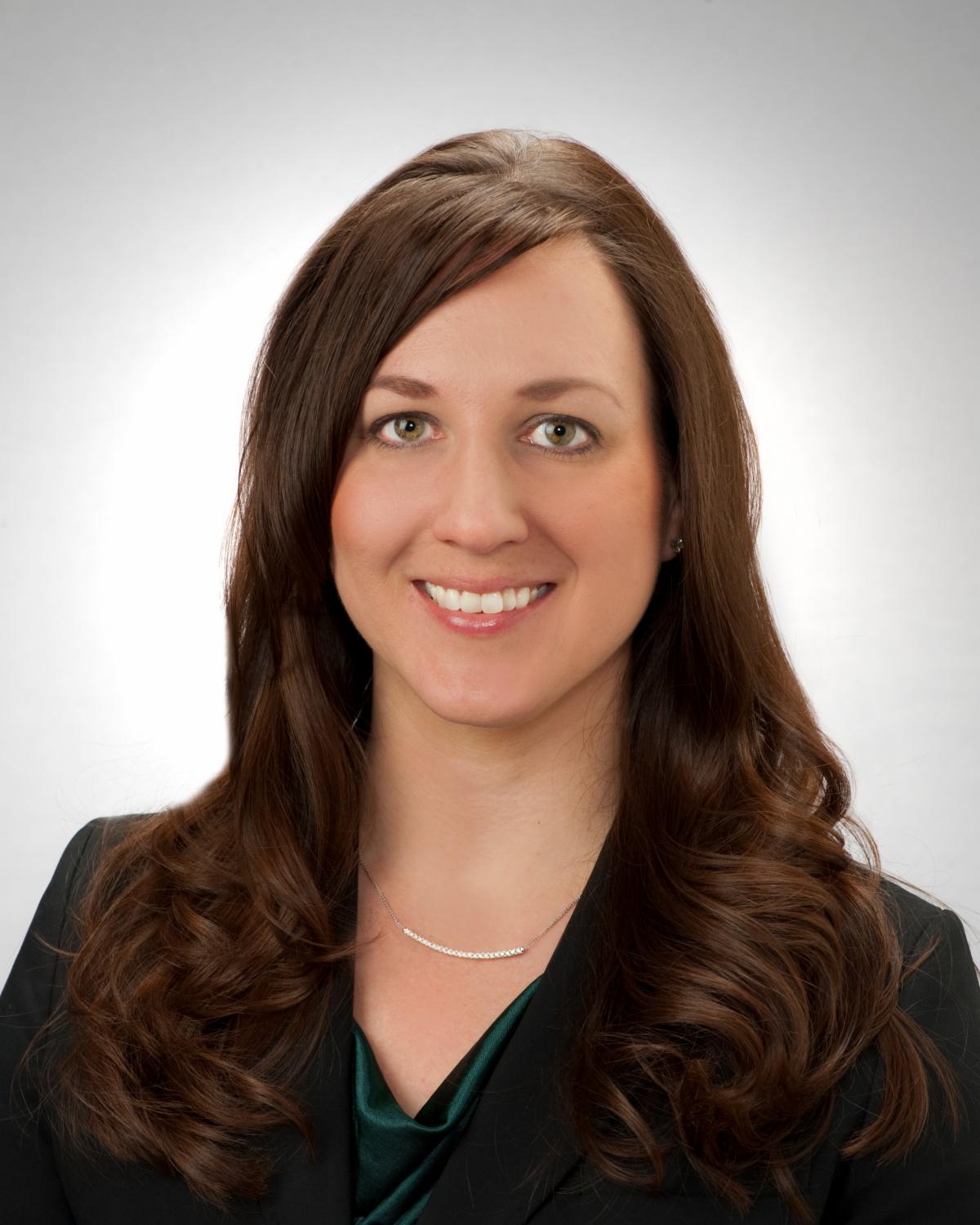 I'm grateful to the NAVBO Education Committee for the invitation to write and share a reflection of my lessons learned. I have been a faculty member at the University of Pittsburgh School of Medicine for almost 13 years. In that time, I have learned how to embrace several challenges. In time, perceived disadvantages became strengths that I learned to own and celebrate openly with a sense of pride. After taking inventory of my lessons learned, my message to new faculty can be summarized in four themes: 1) Tune in to what gives you energy, 2) Proactively seek situations that favor serendipity, 3) Don't shy away from non-linear career paths, and 4) Prioritize relationships.
I'm grateful to the NAVBO Education Committee for the invitation to write and share a reflection of my lessons learned. I have been a faculty member at the University of Pittsburgh School of Medicine for almost 13 years. In that time, I have learned how to embrace several challenges. In time, perceived disadvantages became strengths that I learned to own and celebrate openly with a sense of pride. After taking inventory of my lessons learned, my message to new faculty can be summarized in four themes: 1) Tune in to what gives you energy, 2) Proactively seek situations that favor serendipity, 3) Don't shy away from non-linear career paths, and 4) Prioritize relationships.
Take notice of what brings you energy and invest yourself there.
Experiencing joy can go hand in hand with energy, and both can emerge when one or a group works in "flow." The emerging concept of flow can be described as a balance between high challenge and high skill. While in flow, focus and productivity are high, and enjoyment is derived from the work. A unique energy is palpable. The mind is open and poised for active growth. Though flow can be achieved with intentional practice, commitment to a shared purpose can conjure flow organically. There can be joy in little moments that renew energy. Perhaps it's making the acquaintance of potential new collaborator. A smile from a colleague who is usually serious. Moments of silence when working side by side. Where one draws energy has a lot to do with personality. Make a mental note of these joyful experiences and recall them as needed to draw energy.
Create opportunities that favor serendipity.
Most of us have a story about an experience of serendipity. An event or occurrence that transpired seemingly by chance, with no other logical explanation. Recalling a serendipitous event invokes a positive feeling. Perhaps it was that first chance encounter with a now close collaborator, a "right place at the right time" kind of interaction. Maybe an unexpected experimental outcome led to a key observation that opened up an entirely new line of inquiry. Serendipity can bring forth joy into your work. How can one move about a career in such a way that increases opportunities to experience serendipity?
One idea is simply be actively open to new experiences and be willing to step out of a comfort zone. One example from my own experience is when I chose to meet with a guest seminar speaker somewhat as a favor and service to my Institute. My perspective is that saying "yes" can foster collegiality. (Side note: gracefully saying "no" is also important for professional development and shaping healthy working relationships.) On this particular occasion, the guest speaker held a role as Editor-in-Chief for a high impact journal. I approached the meeting with a simple intention to chat about the publishing field. By the end of the meeting, I had a recommendation to become an Associate Editor at a new sister journal. That simple 30-minute meeting led to an entire new opportunity for professional growth. My advice is to be open, meet with guest speakers, and attend seminars outside of your home Department. It need not always be a calculated pre-conceived strategy. You never really know who might reveal or open the next door for you.
Be open to non-linear academic career paths.
This next opinion may be controversial, but I think academia places too much importance on pure independence in the overall value of a scientist and as a basis for advancement. When I first joined the faculty, it was as Research Assistant Professor in the non-tenure stream. I functioned initially in a lab manager role tasked with helping to establish a new research program with an early career surgeon-scientist. In this role, I was also afforded substantial latitude to develop independent research projects. These early efforts in the background led to a transition to the tenure stream and writing proposals as a PI. At the same time, I was collaboratively designing experiments and co-writing proposals together with the surgeon as PI. This symbiotic arrangement evolved into a highly efficient and productive multi-PI group with my surgeon partner and I each landing multiple NIH awards. Though some may have viewed this arrangement as too "dependent," the partnership was fulfilling, prolific, and compatible with career advancement. Importantly, it was best for the science we were working together to understand. Individual ideas and creativity are undeniably important in establishing oneself academically. One should also develop and practice self-reliance because an opportunity that challenges you to function more independently may arise. However, I think clinically impactful research is a team contact sport. To me this means that when one's ideas are extended and shared with trusted colleagues, they touch and blend with others' ideas and perspectives. Breakthroughs are made, partnerships are nurtured, and multiple lives are positively impacted. I believe there is room in one's career to grow individually and be a part of a something bigger than yourself. It requires a specific chemistry of personalities, selflessness at times, and importantly, trust.
Partnerships depend on building and maintaining trust.
Finally, I have lesson learned about partnerships. Academia requires strategy but one need not play games. It is a fact that honesty and transparency are key ingredients of trust. What I have learned is how essential upholding these values truly are for maintaining partnerships. I encourage you to practice gratitude when others display trust in you. When broken, trust is difficult if not impossible to repair. Trust can waver without breaking and, with a renewal of honesty and transparency, can emerge stronger and deepen, thus enabling a partnership to evolve. When you find trust with a person, protect it, continually nurture it, and let them know you treasure it, because you have something precious and irreplaceable.
You can view all of the Lessons Learned by visiting our web site. Go to
|
Welcome to our New Members:
Yongho Bae, University at Buffalo
John Biber, University at Buffalo
Xinjiang Cai,
UCLA Medical Center
Lucija Fleisinger, University of Oxford
Kaska Koltowska,
Uppsala University
Amanda Krajnik, University at Buffalo
Ulka Sachdev,
University of Pittsburgh Medical Center
Justin Van Beusecum, Vanderbilt University Medical Center
Xiaowei Wang, UCSF
|
Grad students at Oklahoma State among those stepping up to the challenge of SARS-CoV2 testing
Karin Brulliard
reports in The Washington Post on the remarkable impact the Oklahoma Animal Disease Diagnostic Laboratory at OSU has had on testing in its home state for the novel SARS coronavirus. The lab, which typically tests for diseases such as rabies in dogs and respiratory ailments in Oklahoma's large cattle industry, by late March was conducting more human coronavirus tests than any other lab in the state. It has recruited additional staff, including grad students with sharp molecular biology skills, to work deep into the night, processing thousands of tests a week. Notes lab director Jerry Ritchey, "A coronavirus at the end of a nasal swab, it doesn't really matter if it came from a cow, a pig or a person - it's going to be tested the exact same way."
|
| Recent Publicatons by NAVBO Members |
Positive and negative feedback mechanisms controlling tip/stalk cell identity during sprouting angiogenesis
eLife
Vascular endothelial growth factor-A (VEGF-A/VEGF) interaction with VEGF receptor 2 (VEGFR2) is key for sprouting angiogenesis in health and disease. VEGF/VEGFR2 signaling promotes endothelial proliferation and migration, as well as the hierarchical organization into leader (tip) and follower (stalk) cells via a dynamic interplay with Notch. Read more
|
Age-related structural alterations of skeletal muscles and associated capillaries
Angiogenesis
Aging is associated with a progressive decline in muscle mass, strength, and quality. We have previously demonstrated the important role of the blood vasculature system in ultraviolet (UV) light-induced changes in skin and its molecular mechanisms. Read more
|
Neutrophil extracellular traps in COVID-19
The Journal of Clinical Investigation Insight
In severe cases of coronavirus disease 2019 (COVID-19), viral pneumonia progresses to respiratory failure. Neutrophil extracellular traps (NETs) are extracellular webs of chromatin, microbicidal proteins, and oxidant enzymes that are released by neutrophils to contain infections. Read more
|
Constitutively active PIK3CA mutations are expressed by lymphatic and vascular endothelial cells in capillary lymphatic venous malformation
Angiogenesis
Capillary lymphatic venous malformations (CLVM) are complex vascular anomalies characterized by aberrant and enlarged lymphatic and blood vessels. CLVM appear during fetal development and enlarge after birth, causing life-long complications such as coagulopathy, pulmonary embolism, chronic pain, and disfigurement. Read more
|
Lack of Flvcr2 impairs brain angiogenesis without affecting the blood-brain barrier
The Journal of Clinical Investigation
Fowler syndrome is a rare autosomal recessive brain vascular disorder caused by mutation in FLVCR2 in humans. The disease occurs during a critical period of brain vascular development, is characterized by glomeruloid vasculopathy and hydrocephalus, and is almost invariably prenatally fatal. Read more
|
Dear Friends and Colleagues,
The purpose of the collection is to offer a comprehensive overview of novel techniques and standard protocols to investigate the formation of vascular networks. The focus is on 1) methods to derive competent vascular cells from the differentiation of pluripotent stem cells; 2) vascular heterogeneity and protocols to generate organ- and tissue-specific vasculatures; 3) different bioengineering approaches to form functional vascular networks, including three-dimensional (3D) printing and microphysiological systems; and 4) methods to vascularize 3D engineered tissues as well as organoids.
Would you be interested in contributing? If you are, please submit an abstract here (
Abstract submission
).
JoVE (ISSN 1940-087X) is the leading peer-reviewed scientific methods video journal, aimed at increasing the visibility and reproducibility of research. JoVE is indexed in the major databases, including PubMed, EMBASE, Scopus, and Web of Science. JoVE's team will take care of the entire
process
of filming and producing your video.
Thank you for your contribution!
|
New journal 'JVS-Vascular Science' is online at jvsvs.org and accepting original papers.
This journal focuses on both basic and translational vascular science, and seeks to publish the best of "bench-to-bedside" translational research, underlying modern medical, endovascular and surgical investigation and management of vascular diseases. NAVBO member
Alan Dardik is the Editor, and several NAVBO members are on the Editorial Board, including
Luke Brewster,
Elliot L. Chaikof,
Alan Daugherty,
Raul J. Guzman,
Ngan Huang,
Bo Liu,
Kathleen Martin,
Xiaochun Long,
William Sessa, and
Jun Yu. JVS-Vascular Science is the 4th journal from the Society of Vascular Surgery and all journals are overseen by Editor in Chief Peter Gloviczki.
An invitation is extended to all NAVBO members to participate; there are no fees for papers accepted during 2020. Email
[email protected] for more information.
|
Academic budgets feeling the pain of uncertainty
Johns Hopkins, Yale, Stanford, and their fellow top-performing research universities are wrestling with both the reality of current revenue losses and the prospect of those to come, as consequences of the coronavirus pandemic. Hopkins leaders disclosed this week that the university will suspend contributions to employee retirement accounts, cut salaries of top leaders, and prepare for furloughs and layoffs as it confronts massive budget shortfalls, projected to total $375 million in FY21. The CARES Act is providing a measure of financial assistance to academic institutions and their students, but the looming gaps dwarf the aid allocated to date.
The Science Underlying COVID-19: Implications for the Cardiovascular System (Liu et al., 2020)
[from the abstract] COVID-19 patients with pre-existing cardiovascular disease, hypertension, and related conditions incur disproportionately worse outcome. The virus uses the ACE2 receptor for internalization, aided by TMPRSS2 protease. The tissue localization of the receptors correlates with COVID-19 presenting symptoms and organ dysfunction. Virus-induced ACE2 down regulation may attenuate its function, diminish its anti-inflammatory role, and heightened angiotensin II effects in the predisposed patients. Persistent immune activation in such patients, such as the elderly and those with CV risk, can lead to a hemophagocytosis-like syndrome, with uncontrolled amplification of cytokine production, leading to multi-organ failure and death. Read more.
FASEB maintaining COVID information clearinghouse
FASEB - the Federation of American Societies for Experimental Biology - is making a concerted effort to keep its participating societies and their members abreast of the rapidly evolving situation around the COVID-19 pandemic. Toward this end, FASEB is maintaining an online compendium of resources and relevant information, with links out to the COVID-19 pages of specific scientific organizations, federal sponsors, and other governmental agencies. These specialty sites, in turn, contain a wide array of information on basic research, clinical developments, and instructional resources. Check back frequently for updates.
|
|
Job Postings
|
Have an opening to post? Submit your open job post to the NAVBO Career Center - go to https://www.navbo.org/jobs. Members receive a $150 discount on all postings, which makes our basic 30-day posting FREE for members.
|
|
|
|